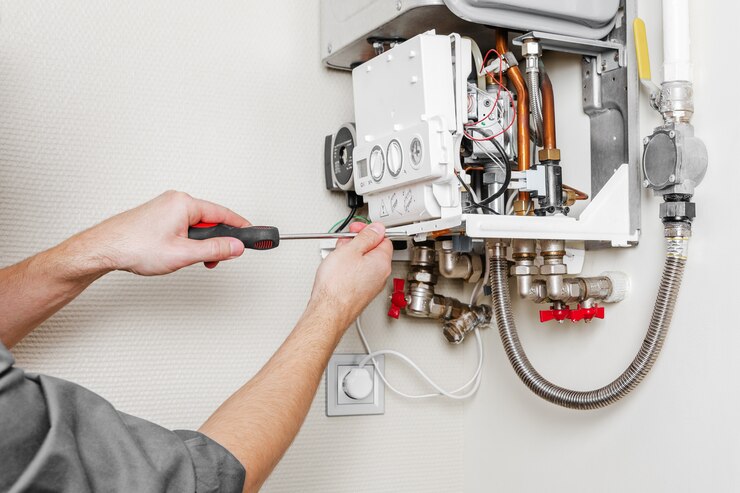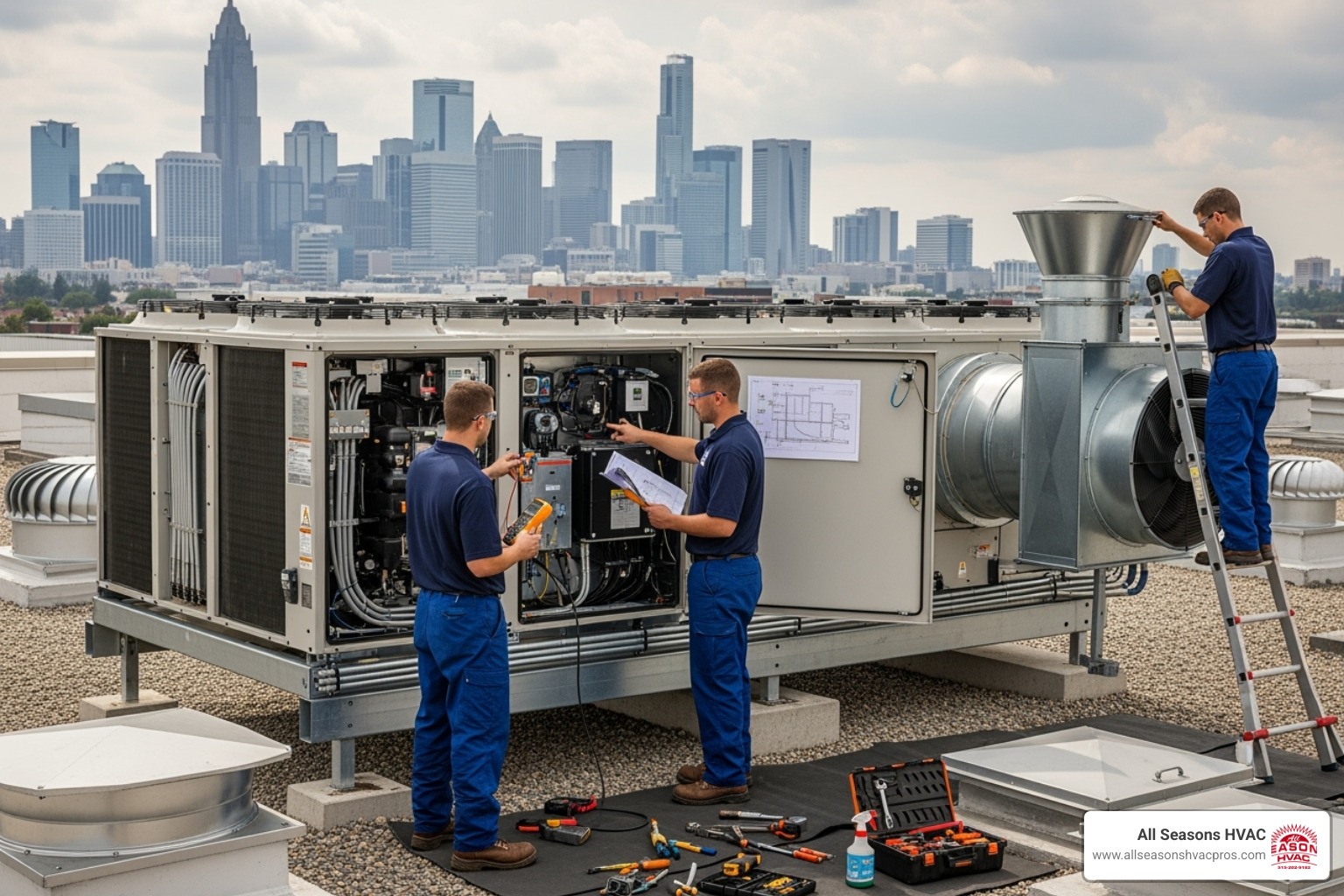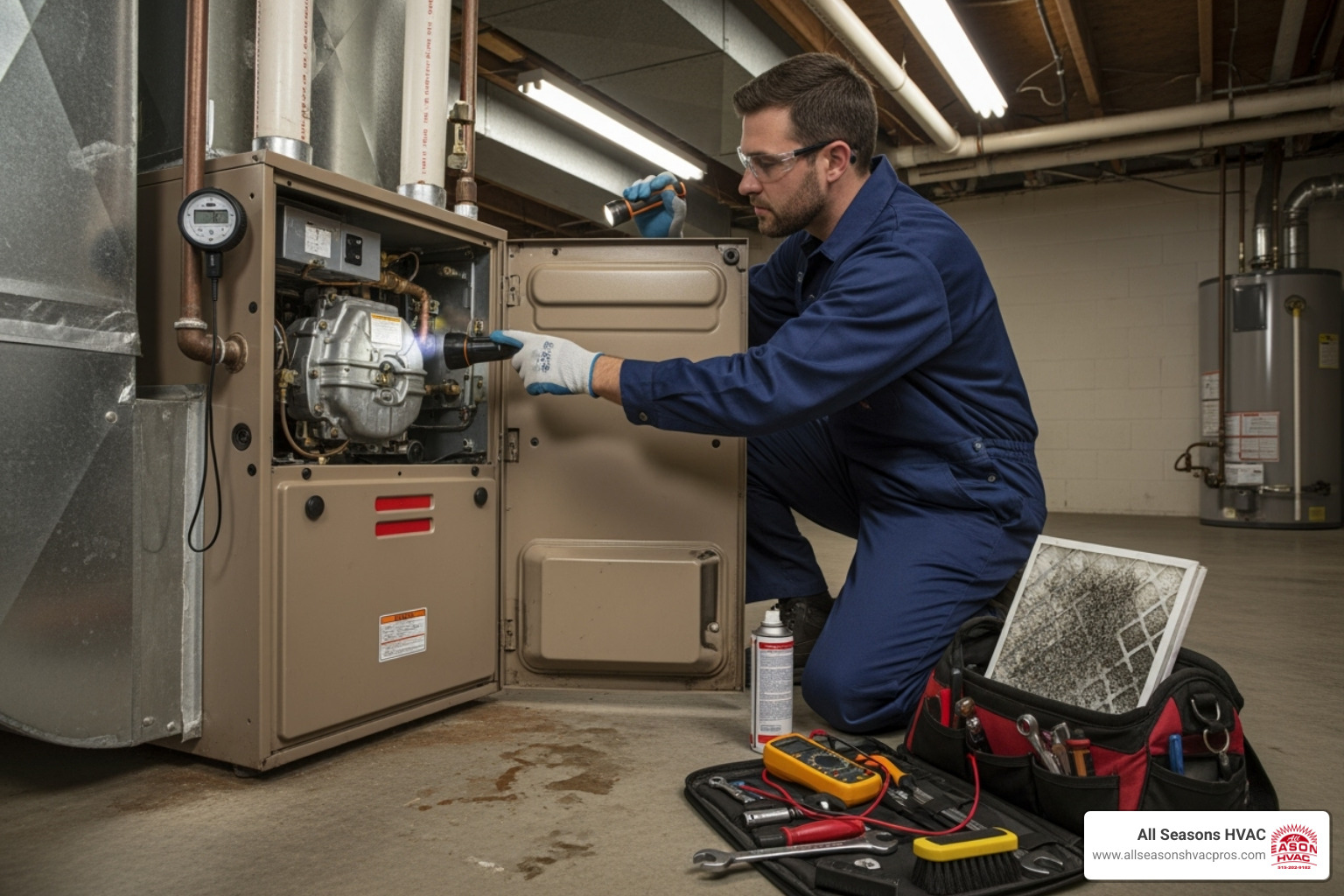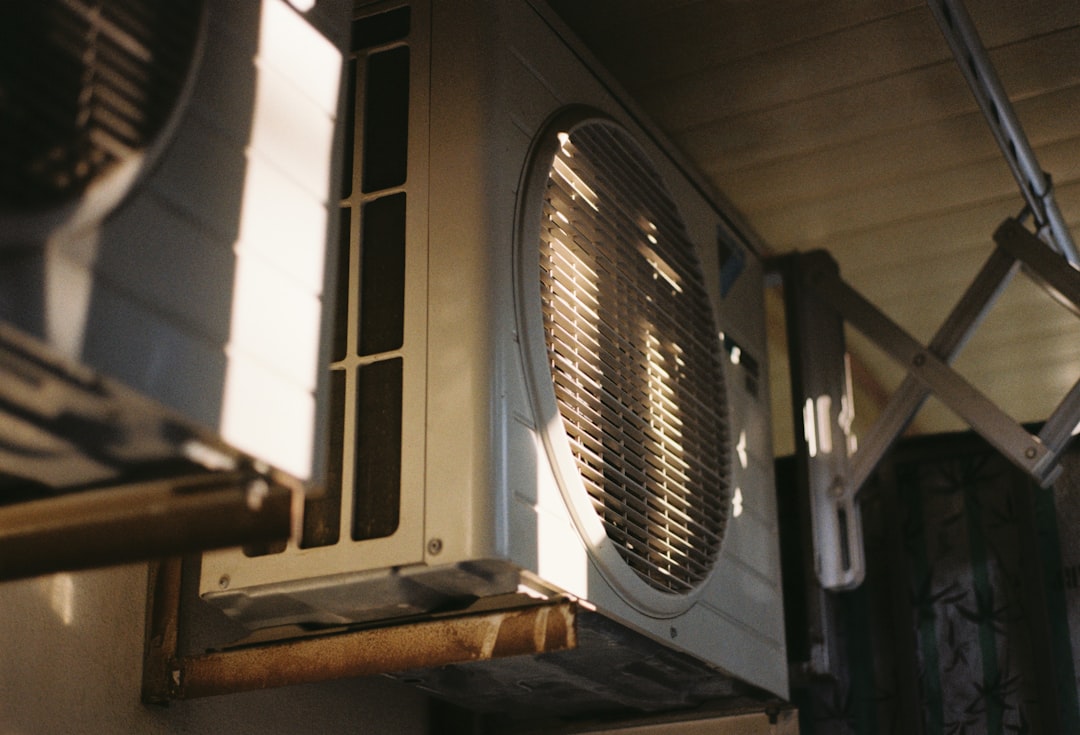Installing a water heater is a critical aspect of maintaining a comfortable and functional home. With the constant demand for hot water, ensuring your water heater is installed properly is essential. A well-installed unit not only enhances efficiency but also prolongs the lifespan of the appliance, reducing the need for frequent repairs. Professional installation services offer the peace of mind that your system is set up according to industry standards, minimizing risks and enhancing performance.
For homeowners in West Des Moines, understanding the installation process can help in making informed decisions. Whether you are replacing an old unit or installing a new one, it’s crucial to consider various factors to ensure your water heater meets your household needs. From selecting the right unit to understanding local regulations, proper preparation is key to a successful installation.
Preparing for Installation
Before installation, evaluating the needs of your household is fundamental. This evaluation includes determining the amount of hot water your home requires and selecting a water heater that matches these demands. Factors such as the number of occupants and peak hot water usage times should guide you in choosing the right size and type.
– Types of Water Heaters: Consider traditional tank water heaters for larger households or opt for a tankless model for energy efficiency and space savings. Each type has its advantages, and selecting the right one depends on your specific requirements.
– Size Matters: A unit that’s too small might fail to meet your needs, while one that’s too large could lead to unnecessary energy consumption. Assess your daily hot water usage to find the perfect fit.
Compliance with local building codes in West Des Moines is another crucial step. Regulations may dictate the placement and installation specifics, ensuring safety and efficiency. Consulting with professionals who understand these local codes can prevent potential issues and ensure a smooth installation process.
Additionally, planning for installation requires considering the physical space where the water heater will be located. Evaluate whether your home has adequate infrastructure to support the unit you choose. This planning phase is vital to avoid complications during the actual installation and to ensure that your water heater operates at its best from the start.
Steps in the Installation Process
Once you have selected the right water heater and ensured compliance with local codes, the installation process can begin. The first step involves shutting off all utilities. This includes turning off the water supply and disconnecting the power or gas to ensure safety. After this, the old unit is drained. This step might require a hose to direct the water away safely. Proper drainage is crucial, especially if the old heater is being replaced.
Next, it’s time to position the new water heater. Placing the unit in its designated space must be done carefully to avoid any damage. Securing it properly helps prevent movement, which can lead to disconnection or even damage to the heater. Once the unit is secure, the water supply lines are connected. Ensuring there are no kinks or leaks at this stage is essential, as these can lead to water waste or damage.
Installing a water heater also requires making sure that the new unit is properly ventilated. This is particularly important for gas water heaters to prevent the buildup of harmful gases. It adds an extra layer of safety to the installation. Finally, it’s vital to check for any leaks once the new water supply connections are made. Testing the system ensures that everything is functioning correctly and any issues are rectified before regular use.
Common Installation Challenges and Solutions
Despite thorough planning, some challenges might arise during water heater installation. Space constraints, for instance, are often a problem in small homes or apartments. Identifying the best placement for the heater without crowding utility spaces is key. If space is a concern, choosing a tankless water heater might be a practical solution as they have a smaller footprint.
Plumbing and electrical concerns are other common issues. Misaligned pipes or outdated electrical wiring could complicate installation. In these scenarios, it is wise to let professionals handle adjustments to avoid costly damages. Ensuring that advanced safety measures are in place is another hurdle, especially with gas heaters. Adequate ventilation and installing carbon monoxide detectors can mitigate associated safety risks.
When faced with these challenges, having a plan can make a difference. This includes assessing space in advance, updating utility setups if needed, and considering safety measures as mandatory steps.
Ensuring Reliable Hot Water in West Des Moines
To achieve the full benefits and avoid potential stress, it’s crucial to follow the correct steps during water heater installation. Assess your household’s hot water needs, select the appropriate unit, follow local regulations, and address any installation challenges proactively. These steps work together to ensure that your home consistently has reliable hot water, enhancing your daily comfort.
Prioritizing professional assistance is another key factor in ensuring a reliable system. Our professionals bring the expertise needed to address both expected and unexpected challenges in the installation process. A properly installed water heater means fewer disruptions, improved efficiency, and peace of mind for homeowners. Embracing professional insights helps achieve a smooth process and reliable performance for years to come.
If you prefer to have your water heater set up professionally, consider water heater installation in West Des Moines to keep your system running safely and efficiently. Our professionals work through every step to prevent unexpected issues and maintain consistent comfort, so if you seek a quick estimate or to book a service visit, please contact us today.




